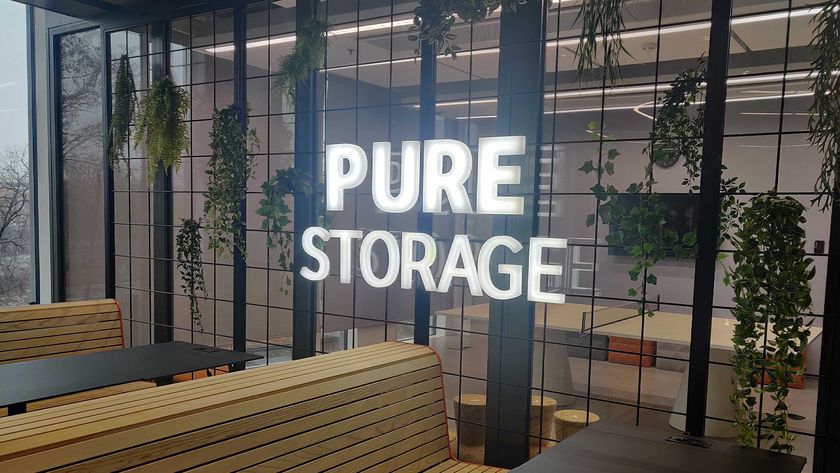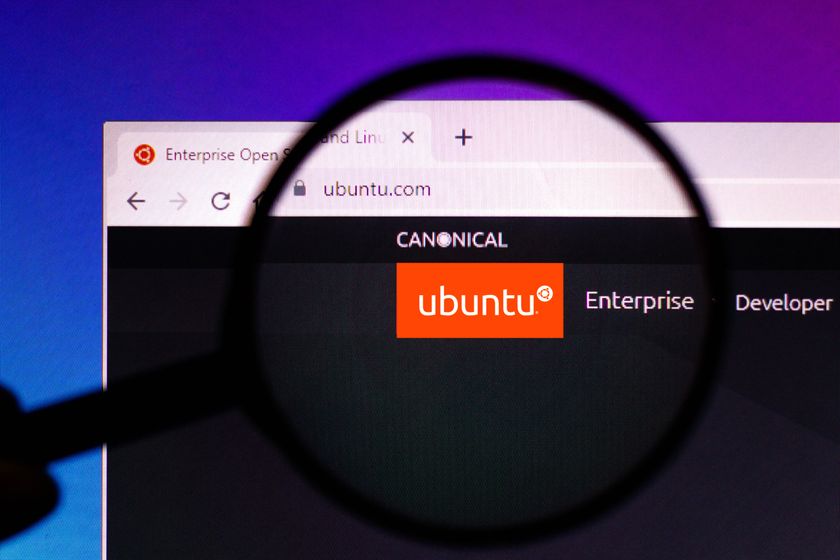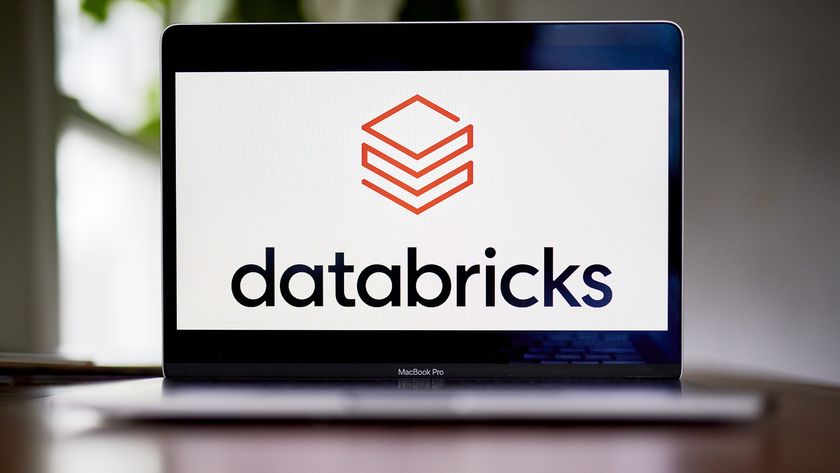Apple unveils Dropbox challenger iCloud Drive
Consumer electronics giant uses WWDC keynote to showcase cloud storage changes

Apple has taken a swipe at established cloud storage providers while unveiling its new iCloud Drive offering, which provides users with a Dropbox-style means of storing documents online.
The new cloud-based file system was unveiled during the keynote at Apple's WWDC event in San Francisco earlier today.
The cloud storage service will also integrate with Apple's newly announced iOS 8 mobile OS and its OS X 10.10 Yosemite desktop operating system.
Speaking during the keynote at Apple’s WWDC, Craig Federighi, the vendor's senior vice president of software engineering, highlighted the new app’s connectivity capabilities across a range of Apple devices.
iCloud Drive is designed to hold documents from iOS, OS X and from Windows, too.
Each app users connect to iCloud Drive will get their own folder within the file system, and these are all accessible via Finder on Macs, or via a similar file search tool in iOS.
Large files can be stored on iCloud too, and downloaded by mail recipients with compatibility for file sizes up to 5GB.
Cloud Pro Newsletter
Stay up to date with the latest news and analysis from the world of cloud computing with our twice-weekly newsletter
During the keynote, Federighi showcased how iCloud Drive can help users side-step problems when they try to send large attachments to contacts via email.
If the attachment is too large, users might get a bounce back from the recipient's mailbox, for example.
To get round this, Apple is introducing MailDrop, which allows large files to be accessed by the recipient in the cloud via a secure link.
"We wanted to address a fundamental problem with email — we often want to send large attachments, but we can't because the recipient can't handle the file," he explained.
This is the first major update Apple has made on the cloud front since the iCloud release, and could see it playing catch-up with more established cloud file and sync players, like Dropbox, Microsoft and Box.
However, the company’s huge fanbase could enable the new storage option to gain popularity quickly, especially as it integrates with other devices.

















